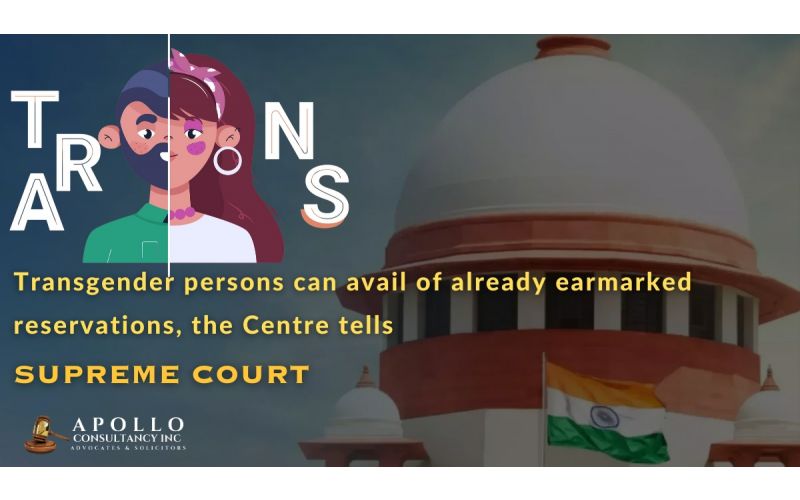Protecting Confidentiality: A Legal Guide to Non-Disclosure

Protecting Confidentiality: A Legal Guide to Non-Disclosure Agreements (NDAs) in India
In a rapidly growing business ecosystem, safeguarding sensitive information is paramount. For Indian businesses, Non-Disclosure Agreements (NDAs) have become crucial legal tools to protect trade secrets, proprietary information, client details, and more. This article explores NDAs from an Indian legal perspective, offering insights on their importance, enforceability, and essential considerations.
What is an NDA?
A Non-Disclosure Agreement is a legal contract that establishes a confidential relationship between parties, ensuring that sensitive information shared for a specific purpose is not disclosed to unauthorized individuals or entities. NDAs are commonly used between employers and employees, partners in joint ventures, vendors, and clients.
Types of NDAs
- Unilateral NDAs: Involves one party agreeing not to disclose confidential information shared by the other party.
- Mutual NDAs: Both parties exchange confidential information and agree to protect it from third-party disclosure.
Why NDAs are Vital for Indian Businesses
- Safeguarding Trade Secrets: Businesses often share sensitive data during negotiations, collaborations, or partnerships. NDAs protect these disclosures, preventing misuse.
- Legal Recourse for Breach: NDAs outline remedies for unauthorized disclosures, creating a deterrent against breaches.
- Preserving Client and Market Trust: NDAs offer confidence to clients and partners that their data will be protected, strengthening business relationships.
Key Provisions to Include in an NDA
- Definition of Confidential Information: Clearly specify what information is deemed confidential.
- Obligations of Receiving Party: Outline duties to safeguard information and restrict its use.
- Exclusions: Mention any information that is excluded from confidentiality, such as publicly known data or independently developed knowledge.
- Term and Duration: Define the duration for which the NDA will be in effect.
- Consequences of Breach: Detail penalties, remedies, and potential legal recourse in the event of a breach.
Enforceability of NDAs in India
Under Indian contract law, NDAs are considered legally binding agreements. However, for enforcement, certain principles must be adhered to:
- Consideration: An NDA must have a lawful consideration, a key component under the Indian Contract Act, 1872.
- Reasonable Restrictions: NDAs cannot impose excessively broad restrictions, as Indian courts disfavor clauses that unduly hinder trade or business.
- Non-Compete Clauses: While restrictive covenants are permissible, courts may strike down those seen as unreasonable in duration or scope.
Challenges and Legal Considerations
- Ambiguity: Vague NDAs may lead to disputes. Clear and precise language is crucial.
- Employee NDAs: Indian law may view excessive restrictions on employees’ ability to work post-employment as void.
- Cross-Border Enforceability: With global business expansion, ensuring NDAs align with international jurisdictions is essential.
Best Practices for Drafting an NDA
- Tailored Clauses: Avoid generic templates; customize NDAs to suit the nature of your business relationship.
- Legal Review: Engage legal counsel to draft and review NDAs, ensuring their enforceability under Indian law.
- Periodic Revisions: As your business evolves, update NDAs to reflect new legal developments or changes in operations.
Final Thoughts
Non-Disclosure Agreements serve as shields for Indian businesses, offering protection for intellectual property, market strategies, and other sensitive data. By understanding their legal underpinnings and incorporating best practices, businesses can build trust, reduce risks, and foster robust collaborations while protecting their valuable information.
Post Categories
Featured Posts
Latest Posts
Latest Posts

Protecting Confidentiality A Legal Guide to Non-Disclosure Agreements NDAs in India...
In a rapidly growing business ecosystem safeguarding sensitive information is paramount For Indian businesses Non-Disclosure Agreements NDAs have become crucial legal tools to protect trade secrets proprietary information client details and more This article explores NDAs from an Indian legal...

Why Is CARA Delaying Adoption Process Supreme Court Calls For Prompt Action To Benefit...
The Supreme Court on Friday raised serious concerns over the delays in the adoption process and the potential impact on both aspiring parents and children in need of loving homes The remarks came from a bench comprising CJI DY...

EVMs Non-Tamperable Demand For VVPAT Verification Regressive Election Commission Tells Supreme Court...
Ahead of the Lok Sabha elections the Election Commission of India ECI has staunchly defended electronic voting machines EVM as lsquo non-tamperable rsquo both owing to technological measures and strict administrative and security procedures designed by the commission In a...

Transgender Persons Can Avail Of Already Earmarked Reservations The Centre Tells Supreme Court...
The Centre has informed the Supreme Court that transgender persons can avail the already earmarked reservations in jobs and educational admissions and there is no separate reservation being provided to them In the top court directed the Centre and...

Inheritance and Succession Laws for NRIs...
Inheritance and Succession Laws for NRIs Understanding inheritance and succession laws is crucial for Non-Resident Indians NRIs to manage their assets and ensure smooth transfer to their heirs Here's a concise guide to these laws for NRIs including key...

Speak With Our
Get a Appointment

















